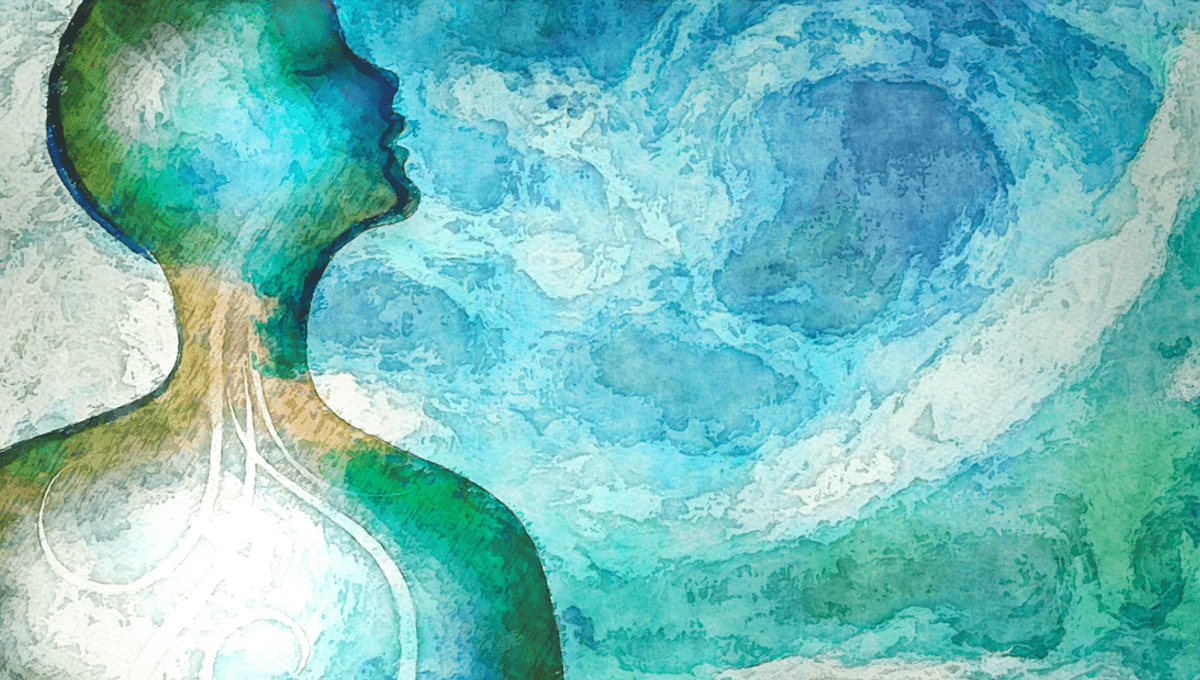
To be with a loved one when it’s their time to go is a special comfort to a lot of people, but there are some aspects to the process of dying that can be uncomfortable and even upsetting to witness. Perhaps the most famous of these is the “death rattle,” a symptom with a name that’s enough to strike fear, but one that in most cases is an indicator that the dying person is actually in a deep state of rest.
In the final days before death, it’s common for the person to experience increasing episodes of unconsciousness. According to Cancer Research UK, they may sleep a lot, they may find it harder to wake, and this can mean they’re conscious less and less the closer they get to their final breath.
There is a curious phenomenon known as terminal lucidity where people have an unexpected burst of energy shortly before they die. Sometimes it’s as simple as waking and speaking, but there have been exceptional cases where people have overcome tumors, strokes, and dementia to recall “forgotten” memories in their final moments.
Loss of bodily functions like bowel control are also common, as are changes in breathing which can range from brief pauses – called Cheyne Stokes breathing – to breathing with their mouth wide open. It’s here that the death rattle can occur, heard as a noisy gurgling sound that may come from the back of the person’s throat or chest.
The noise is the result of mucus and fluids gathering around the airways so that the patient is breathing through them, making it noisy. It can be quite frightening as we’re not used to hearing someone breathing like this, but as expert in palliative care and author of With The End In Mind: How To Live And Die Well, Dr Kathryn Mannix, told You, Me & The Big C, it can just mean the person is really relaxed.
“If you were at all conscious of the back of your throat – it’s the most sensitive bit in our bodies – you’d cough, you’d splutter, or you’d swallow,” she said. “It [should] tickle, and it’s not tickling, they are just lying and breathing through it.”
“The death rattle is a bit of an unnerving noise because it’s not normal to hear someone breathing through fluid, but it tells me this person is deeply, deeply unconscious. They are so relaxed that they are not trying to clear their throat even though they’ve got bits of gunky stuff lying there. And so, it’s a comforting noise if somebody tells you what it means.”
Perhaps the biggest negative consequence of the death rattle is what it does to the relatives of the person who is dying. A 2020 study found that death rattle can be stressful for relatives, with some describing it as “horrific,” or thinking it sounded like the person was choking. While a better understanding may comfort some patients, it doesn’t always relieve the burden for relatives. They suggest that further research into drugs that could prevent death rattle is warranted.
It’s clear to see that while a natural part of life, death can be very hard on both the dying person and those around them. Is there a way to abolish death for good? One neuroscientist believes that our brains could hold the key to living forever.
All “explainer” articles are confirmed by fact checkers to be correct at time of publishing. Text, images, and links may be edited, removed, or added to at a later date to keep information current.
The content of this article is not intended to be a substitute for professional medical advice, diagnosis, or treatment. Always seek the advice of qualified health providers with questions you may have regarding medical conditions.
Source Link: What Is The “Death Rattle” Sometimes Heard In Dying People?